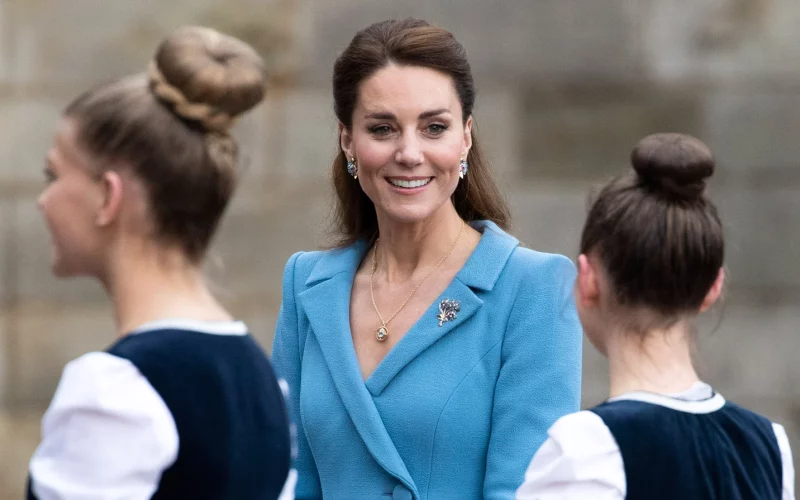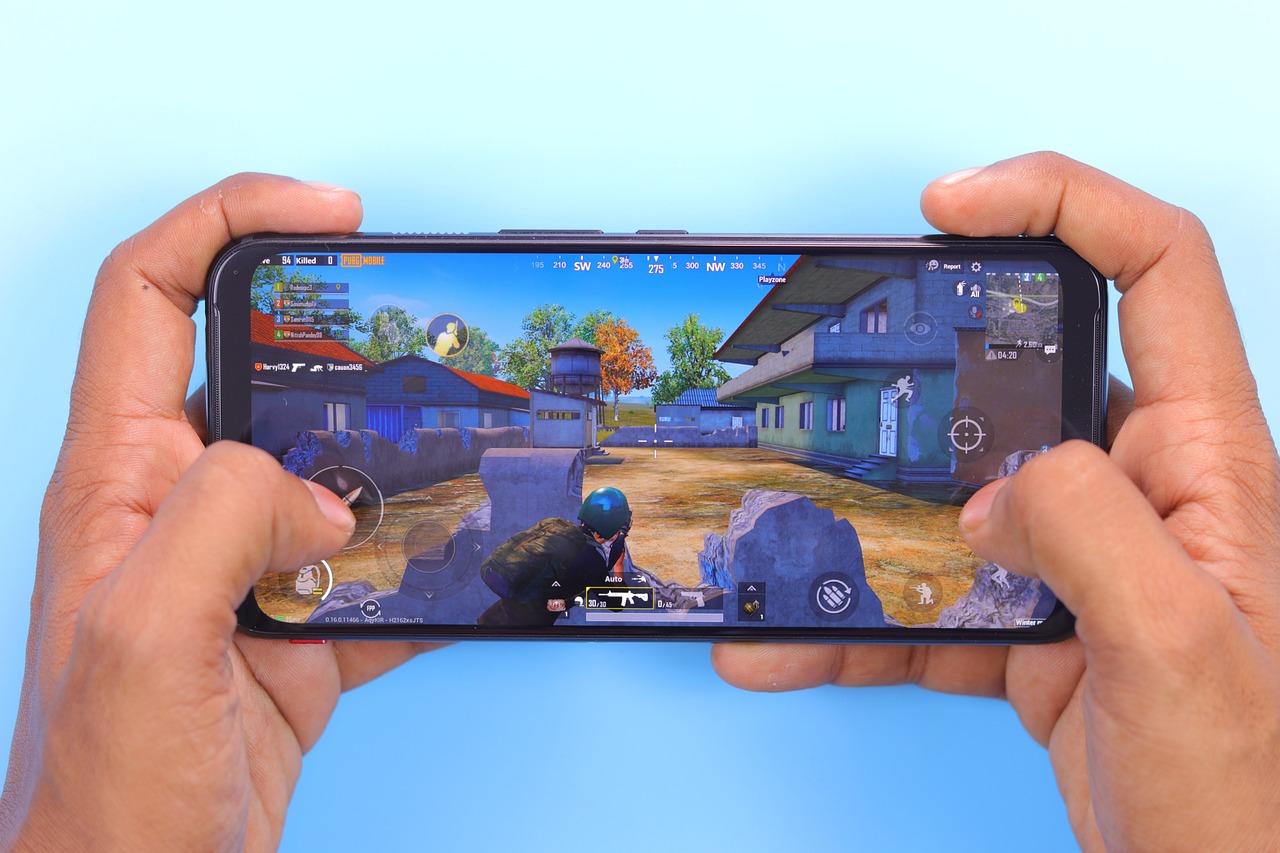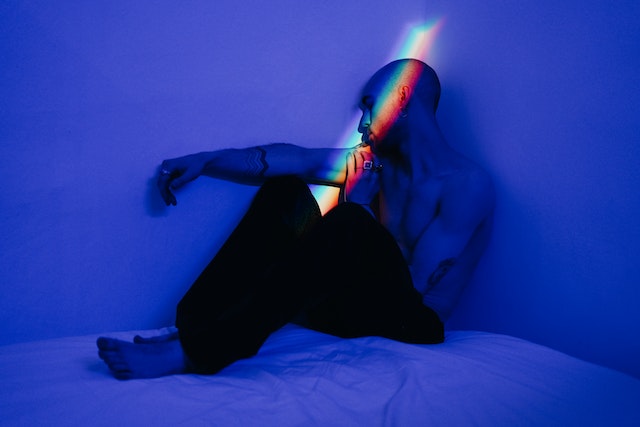Recently, portraits of two prominent figures within the British royal family, Kate Middleton, the Princess of Wales, and King Charles III, have stirred up a whirlwind of reactions across the online sphere. Commissioned by Tatler magazine, Kate Middleton’s portrait, and by Buckingham Palace, King Charles III’s portrait, both faced a wave of mixed responses upon their unveiling. Here, we delve into the details of each portrait and the diverse reactions they evoked.
Kate Middleton’s Portrait: A Portrait Unveiled
The portrait of Kate Middleton, Duchess of Cambridge, was revealed as Tatler magazine’s cover feature, showcasing the wife of Prince William in a striking depiction. Commissioned to capture her essence, artist Hannah Uzor embarked on an extensive creative journey, sifting through thousands of images to encapsulate Kate’s likeness. Despite not sitting for the portrait herself, Uzor aimed to imbue it with the soul of the Duchess, drawing inspiration from her public appearances and personal moments. Adorned in a Jenny Packham gown reminiscent of a memorable state banquet, Kate’s regal and confident aura was the focal point of the artwork.
Mixed Reactions and Comparisons
However, the unveiling of Kate Middleton’s portrait was met with a spectrum of reactions online. While some praised Uzor’s interpretation and the unconventional approach to capturing Kate’s essence, others critiqued the likeness, particularly noting Kate’s absence from public view due to health concerns. Furthermore, comparisons to the recent portrait of King Charles III surfaced, adding fuel to the ongoing debate regarding royal portraits’ accuracy and aesthetic appeal.
King Charles III’s Portrait: A Study in Contrasts

In stark contrast to Kate Middleton’s portrait, King Charles III’s depiction, unveiled by Buckingham Palace, presented a commanding figure against a vibrant red backdrop. Painted by artist Jonathan Yeo, the portrait of the King showcased him in the uniform of the Welsh Guards, a nod to his esteemed role as Regimental Colonel. Unlike Kate’s portrait, Charles sat for multiple sittings over two years, allowing Yeo to meticulously capture his likeness and essence.
Diverse Reactions and Interpretations
Following its unveiling, King Charles III’s portrait elicited a diverse array of responses from the online community. While some lauded the departure from traditional royal portraits and praised the artist’s innovative approach, others expressed reservations, critiquing elements such as the choice of background color and its perceived contrast with the King’s expression.
Conclusion
In conclusion, the unveiling of portraits depicting prominent members of the British royal family has sparked fervent discussion and debate across online platforms. From Kate Middleton’s ethereal portrayal by Hannah Uzor to King Charles III’s commanding presence captured by Jonathan Yeo, each portrait has invited scrutiny and admiration in equal measure. As the artistic interpretations continue to unfold, one thing remains certain: the enduring fascination with royal imagery and the narratives it evokes show no signs of waning.










